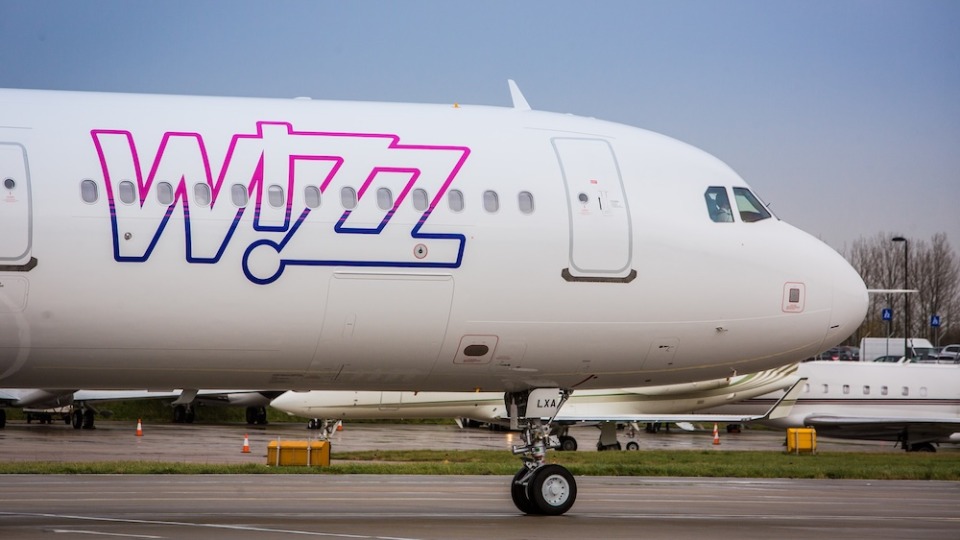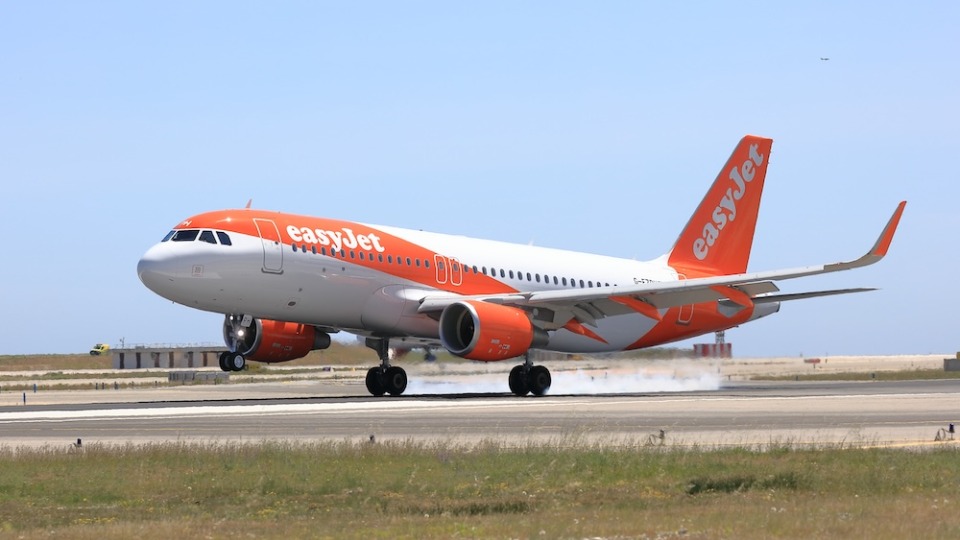
UK Government Unveils Draft Rail Reform Bill to Revolutionize Rail Sector

The UK Department for Transportation publishes the Draft Rail Reform Bill, introducing Great British Railways to innovate and streamline the rail sector, aiming for substantial growth and improved services.
The UK Department for Transportation (DfT) has introduced the Draft Rail Reform Bill, signaling a major overhaul in the rail industry's future. This ambitious plan is set to enhance rail services by leveraging private sector innovation under the oversight of the newly proposed Great British Railways (GBR).
The reform outlines several key priorities, including the delivery of punctual and reliable services, simplification of ticketing systems, and the modernization of the rail network to better serve both passengers and freight users. A central feature of the bill is the establishment of GBR, which aims to consolidate responsibilities for rail infrastructure and services, thereby improving accountability, financial stability, and the system's ability to adapt to changing needs.
GBR will take on the role of the new franchising authority, engaging with the private sector to ensure the provision of passenger services. This restructuring is anticipated to enhance passenger choice and connectivity, opening up new opportunities for open-access operators in the sector.
Transport Secretary Mark Harper emphasized the historical significance of the railways and the necessity for them to evolve to meet contemporary needs. He highlighted the draft bill as a testament to the government's dedication to rail reform, envisioning a modern, financially sustainable network that serves future generations.
The draft bill will be subjected to pre-legislative scrutiny by the Transport Select Committee before its enactment. Upon becoming operational, GBR's headquarters will be established in Derby, symbolizing the unification of track and train operations by incorporating expertise from Network Rail, the DfT, and the private sector to address current challenges.
GBR's mission extends beyond immediate improvements; it is charged with driving significant growth in the rail sector, targeting a 75 percent increase by 2050. The DfT also highlighted ongoing advancements, such as the implementation of pay-as-you-go ticketing systems, as evidence of the tangible benefits already being realized.
Andrew Haines, leading the Great British Railways Transition Team and CEO of Network Rail, voiced strong support for the reform. He stressed the public's demand for a simpler, more efficient railway system and lauded the draft bill as a crucial step towards achieving this goal. Haines advocated for the integration of track and train operations as the optimal strategy for enhancing service quality, spurring network growth, and reducing taxpayer burdens.








